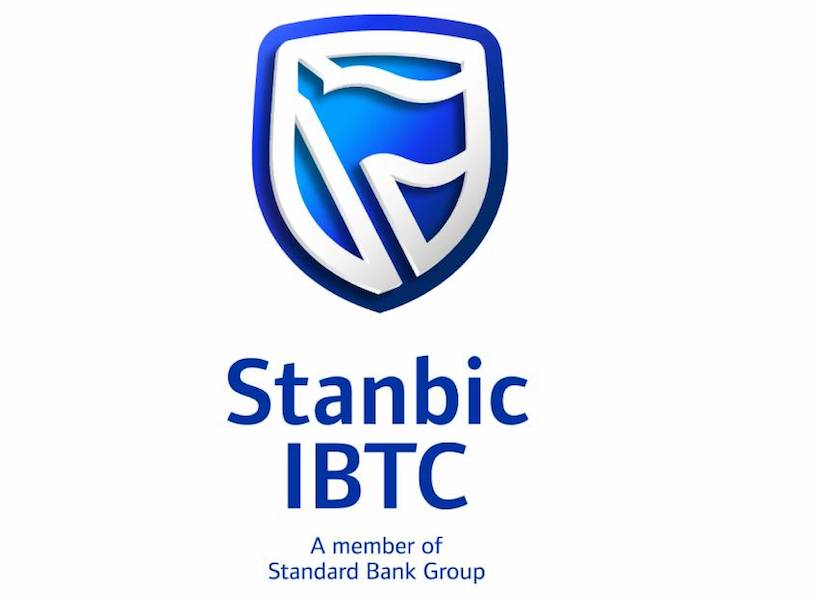Latest Headlines
Report: Private Sector Records Weak Output Growth amidst Substantial Price Increase

Dike Onwuamaeze
The Purchasing Manager Index (PMI) of the Stanbic IBTC Bank for the month of July 2022 showed that productivity and employment generated by the private sector experienced a weakened growth while purchase cost and output price inflation quickened to four- month high.
The report said that the headline PMI rose to 53.2 in July, up from 50.9 it recorded in June, which signaled an improvement in business conditions in Nigeria’s private sector.
It said: “After a marginal reduction in the previous survey period, output in the Nigerian private sector expanded during July. Although solid, the rate of growth was weaker than the long-run series average. Favourable demand conditions underpinned output growth at the start of the third quarter. Agriculture recorded the strongest uptick in output, followed by manufacturing.”
The report added that “overall input costs increased substantially at the start of the third quarter. The rate of inflation eased from that seen in June but was still among the quickest in the survey’s history. Underlying data revealed a quicker rise in purchase costs and slower increase in staff wages.”
According to the Head of Equity Research West Africa at Stanbic IBTC Bank, Mr. Muyiwa Oni, the July data pointed to a robust increase in selling prices as the rate of inflation quickened from the previous survey period and was the strongest for four months with around 44 per cent of firms recording higher prices in July, which were attributed to higher material prices.”
The PMI said: “Private sector firms operating in Nigeria registered a further increase in average prices for purchases in July. The rate of inflation accelerated from June to a four-month high and was among the steepest in the series history. Over 60 per cent of respondents recorded higher purchase prices in July compared to June. Unfavourable exchange rate movements, higher fuel costs and surging material prices were behind the latest round of inflation, according to panel comments.”
Moreover, the PMI report noted that only six per cent of Nigerian companies continued to expand their workforces in July, although the latest round of job creation softened to the weakest for seven months.










